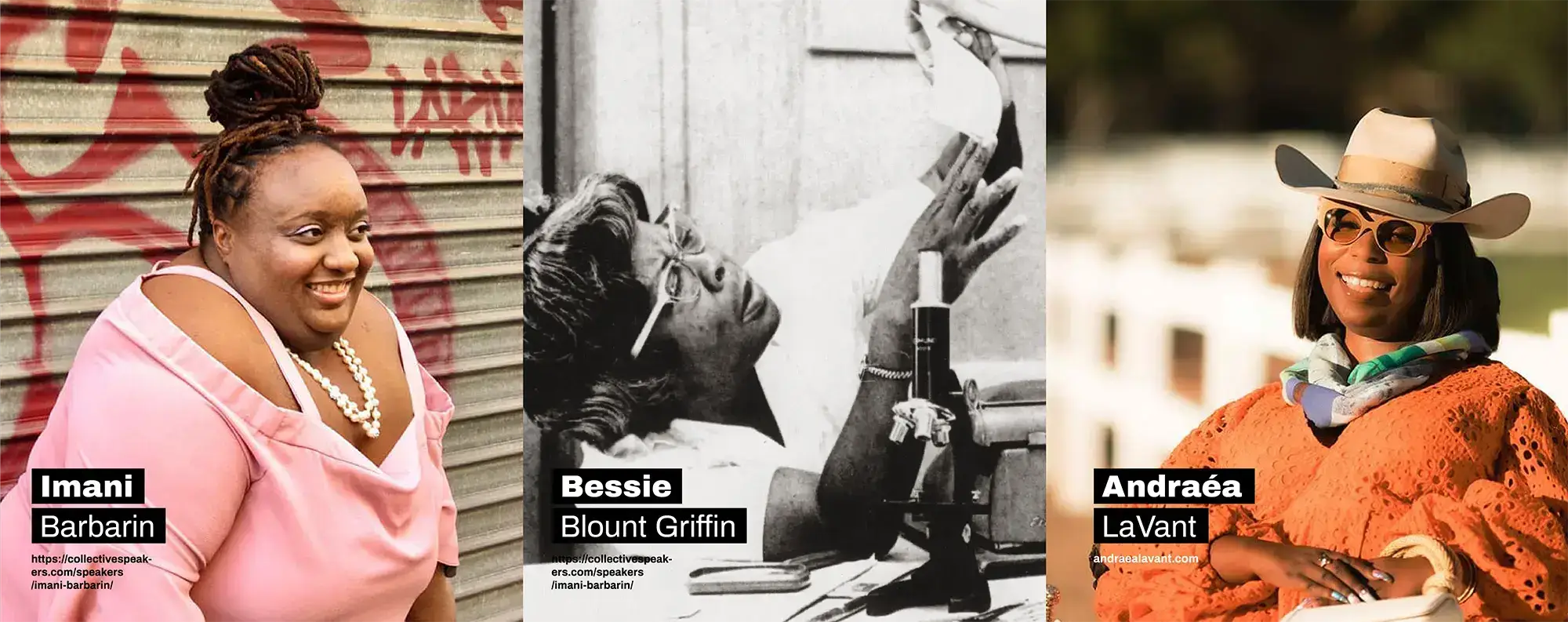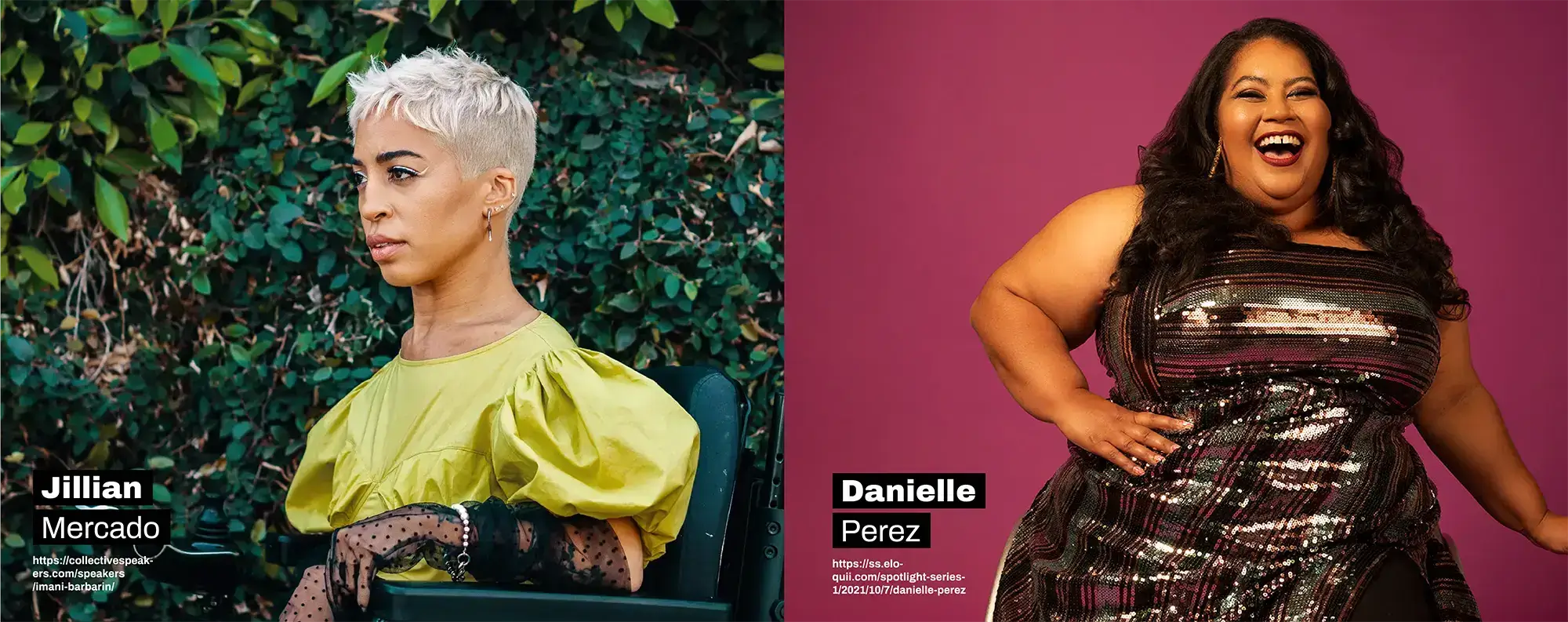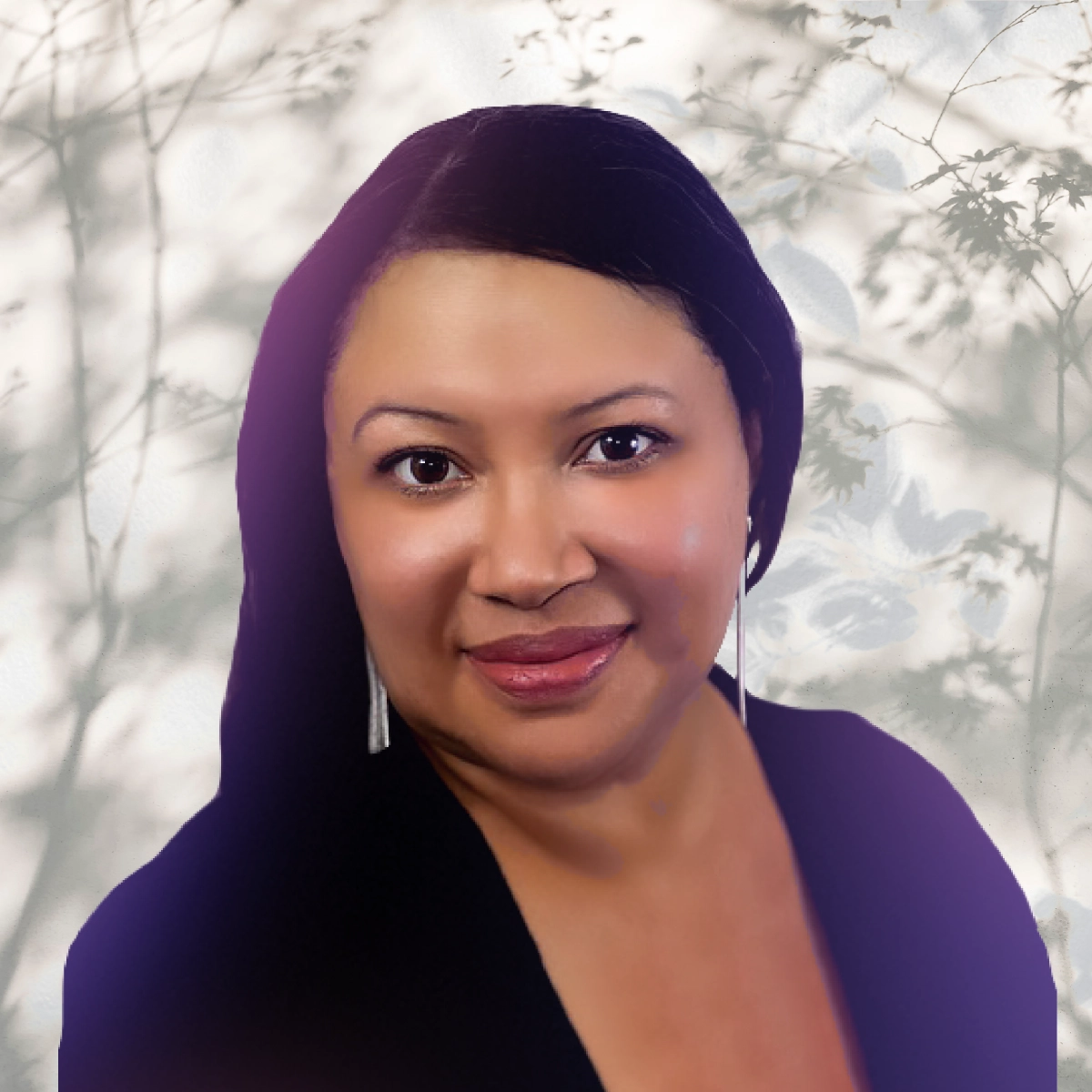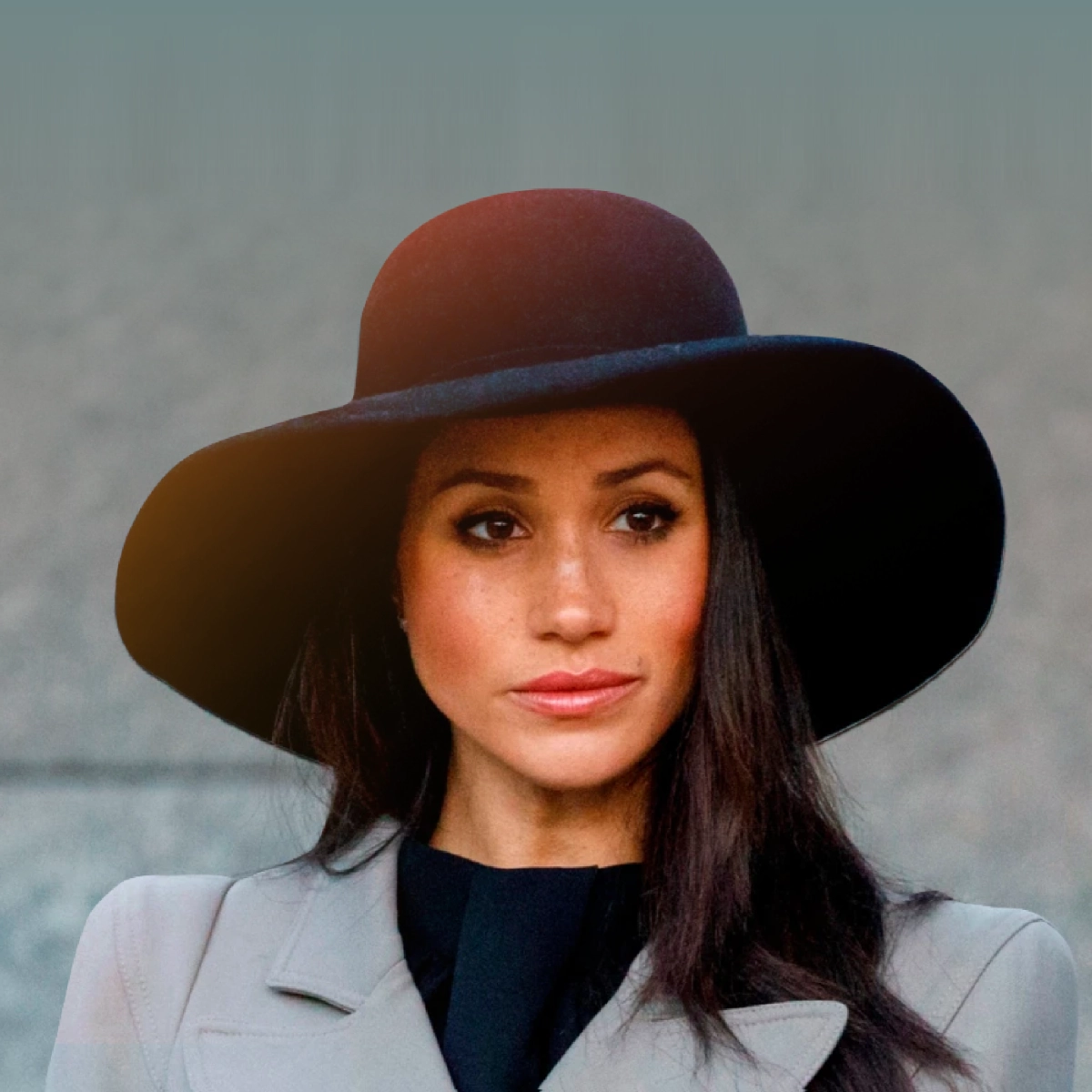A solid and prevailing community of BIPOC women with disabilities use their platforms to speak up and move forward with the inclusion and accessibility of people with visible and non-obvious disabilities. The Mixed Space spotlights five extraordinary women who lived and are living with disabilities. From historical events to the office, on social media, and on the screen, these ladies have paved the way for people with disabilities for access, acceptance, and social inclusion.
On Social Media: Imani Barbarin
Imani Barbarin is a disability representation and inclusion advocate born with cerebral palsy. In her article “White Fragility Makes Calls for True Disability Inclusion Ring Hollow,” she brings to light how we can no longer continue to call for inclusion that is one-dimensional. She writes, “I refuse to accept scraps from the disability community only to be told we’ve all made it. So often, it is Black, Indigenous and people of color, particularly women, and queer people that carry entire movements on their backs only to be abandoned when it matters.” This statement could not be more accurate as 14% of Black Americans have a disability, compared with 12.6% of the overall population. Yet, attention from the media is rarely given.
Imani Barbarin is a disability rights and inclusion activist and creator of the website Crutches and Spice. Born with cerebral palsy, Imani often writes about discrimination against people with disabilities and racial justice. With 160k Instagram followers, Barbarin is more than an influencer despite the number of trolls. She is a force to be reckoned with.
In History: Bessie Blount Griffin (1914-2009)
Bessie Virginia Blount, also known as Bessie Blount Griffin, was a writer, nurse, physical therapist, inventor, and forensic scientist born left-handed—a quality once perceived as a disability. While in elementary school, she was reprimanded for writing with her left hand by having her knuckles struck, a form of discipline used at the time to condition good writing “etiquette.” Later she became a nurse and physical therapist for World War II soldiers returning as amputees. Her ambidexterity helped her relate to her patients as she taught veterans new ways to perform everyday tasks by substituting their teeth and feet in the place of tasks performed by hand.
In 1948, Griffin invented “portable receptacle support,” a device that supported a feeding bowl, which was attached to the back of a person’s neck who lost control of their arms. Soon after that, with the assistance of Theodore Edison (son of Thomas Edison), Blount came up with easy-to-manufacture disposable emesis basins, the kidney-shaped receptacles we often see at the dentist’s office and operating rooms, designed for medical waste. She sold the patent to a Belgian company, where hospitals continue to use this product.

In the Office: Andraéa LaVant
LaVant is the founder and president of LaVant Consulting Inc., an Arizona-based social impact communications firm specializing in digital accessibility. As many corporations need guidance in creating a better workplace for everyone, LaVant Consulting leads training and workshops that aim to foster authentic disability-inclusive cultures within businesses.
Diagnosed at age two, LaVant has a form of muscular dystrophy called spinal muscular atrophy (SMA), affecting the central nervous system and voluntary muscle movement. With the slogan, “Speak disability with confidence,” LaVant brings many things of her personality to the table inspired by her lived experience and professional knowledge. She has worked with organizations including the Ford Foundation, Girl Scouts, Getting Hired, and is the impact producer of the Netflix series Crip Camp, executive produced by Barack and Michelle Obama.

On the Screen: Jillian Mercado
After her first sex scene in the series reboot of the L Word, Generation Q, actress Jillian Mercado wrote on her Instagram, “Intimacy and sex for the disability community was never something I literally ever saw on TV until now.” Mercado, having spastic muscular dystrophy and using a wheelchair since she was twelve, started her career as a model for Diesel and in Beyoncé’s campaign for her 2016 Formation World Tour. It wasn’t until she booked a role in the notably diverse cast of Generation Q that Mercado became the kind of character she’s always wanted to be: authentic in her true queer self. Mercado also runs the blog Manufactured1897.
On the Screen: Young Advocate of the Future: Danielle Perez
According to actress and comedian Danielle Perez, “I am a comic, and I perform, and I write jokes because I am funny and I am enough.” Perez first experienced the spotlight on the game show The Price Is Right in 2015, where a viral clip shows her, a woman in a wheelchair with no feet–winning a treadmill. She appeared on Jimmy Kimmel Live! where she was given a prize much easier to enjoy: a Royal Caribbean Cruise trip.
While her launch to fame was as an internet meme, she established her acting and standup comic career on her own, even before her appearance on The Price Is Right. She continues to fill her calendar with gigs and recurring TV roles in Special, Curb Your Enthusiasm and Swipe Right. Like many entertainers in 2020, she also embraced some fantastic Zoom roles during the lockdown, including the hilarious Real Housewives of Zoom Meetings. In addition to her many standup gigs, she was featured in the New Faces of Comedy showcase as part of the Just for Laughs Comedy Festival, famous for jump-starting the careers of fledgling comics. You can catch her on her podcast, Wow Rude Podcast, which she describes to be “a podcast for rude bitches, by rude bitches.”





